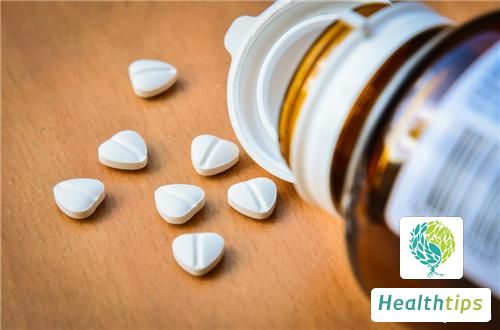What Does PCI Mean in Medicine?
PCI, medically speaking, is the abbreviation for percutaneous coronary intervention. This procedure can improve myocardial blood supply, relieve stenosis, and is very helpful in the treatment of coronary heart disease. In daily life, many patients with heart disease and coronary heart disease may have heard of PCI, which is a kind of minimally invasive surgery that has a certain dredging effect on vascular embolism.

1. For patients with coronary atherosclerotic heart disease, electrocardiogram can be used to alleviate symptoms and improve the condition. It can also improve symptoms such as palpitation, heartache, dizziness, and palpitations. For patients with severe myocardial infarction, PCI interventional treatment can also reduce the severity of the disease and reduce the risk of life-threatening conditions. The application of PCI therapy can increase myocardial blood flow in patients with mild heart disease.
2. Depending on the patient's condition, there may be certain differences in PCI treatment. It is recommended that patients strictly follow the doctor's advice for treatment. During the treatment process, patients should maintain a positive attitude, pay attention to diet, eat nutritious food, avoid spicy and stimulating food, and maintain regular schedules, which can improve the effectiveness of treatment.
3. PCI is the abbreviation for percutaneous coronary intervention. PCI can be used for patients with large-area myocardial infarction, unstable angina pectoris, acute coronary syndrome, etc. It can effectively prevent coronary artery dilation, improve myocardial blood supply, and prevent complications caused by myocardial infarction. It is recommended that patients with underlying diseases should take good preventive measures for coronary heart disease.



















